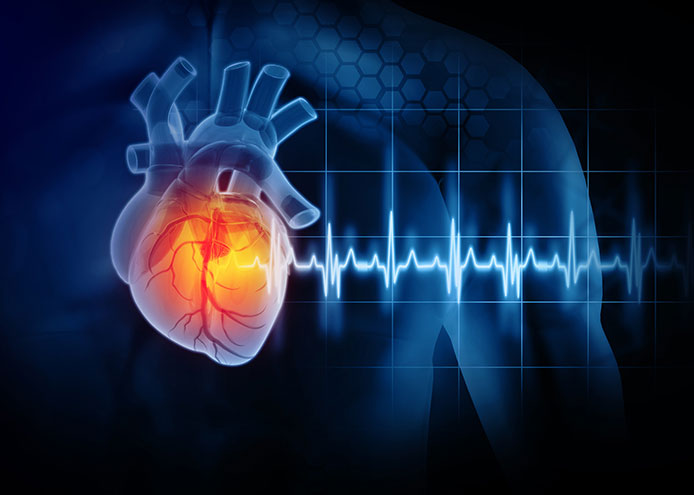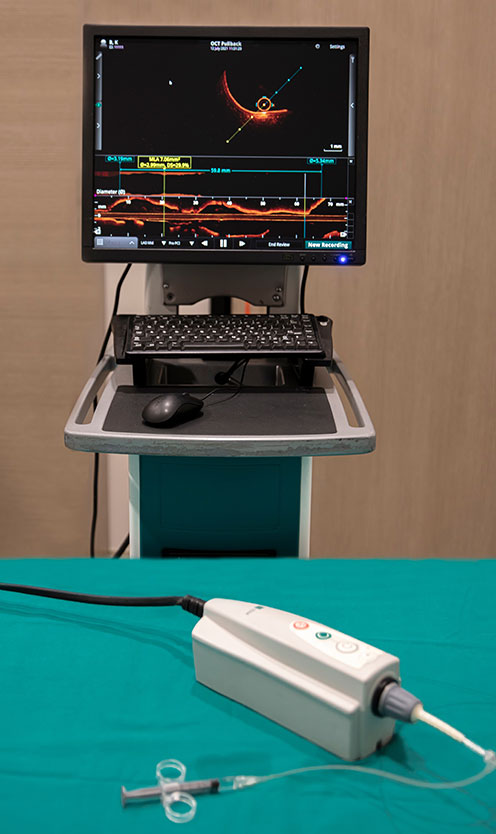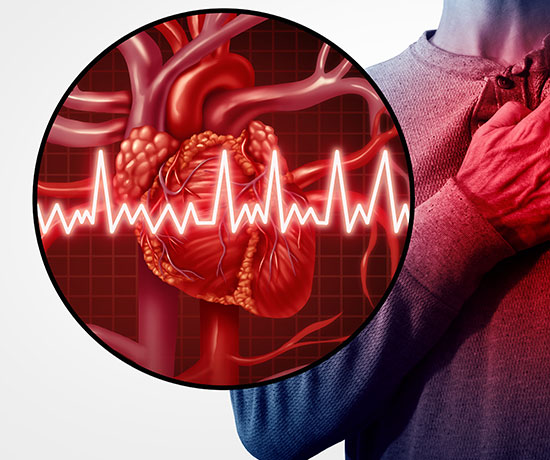Menu
- Home
- About Doc
- Learn
- Heart beat and Heart Function
- Bradycardia (Low Pulse Rate)
- Paroxysmal Supraventricular Tachycardia
- Tachycardia (High Pulse Rate)
- Ectopics
- Syncope (Fainting Spells)
- Atrial Flutter
- Atrial Fibrillation
- Heart Failure
- Cardiomyopathy
- Familial [Inherited or Genetic] Arrhythmia Syndrome
- Sudden Cardiac Arrest
- Coronary Artery Disease
- Diagnostic Test
- Procedures
- Heart Rhythm Treatment
- Coronary & Cardiac
- Pacemaker & Device Implantation
- Permanent Pacemaker Implantation
- Physiological Pacing / Conduction System Pacing
- Paediatric Pacemaker Implantation
- Leadless Pacemaker Placement
- Defibrillator (AICD) Implantation
- Cardiac Resynchronization Therapy (CRT)
- Pacemaker And Defibrillator Lead Extractions
- AV Node Ablation & Pacemaker Implantation
- Implantable Loop Recorder[ILR]
- Blog
- Media
- Contact
- Phone: +91 99622 52500
- consult@drkarthigesanclinic.com
close





